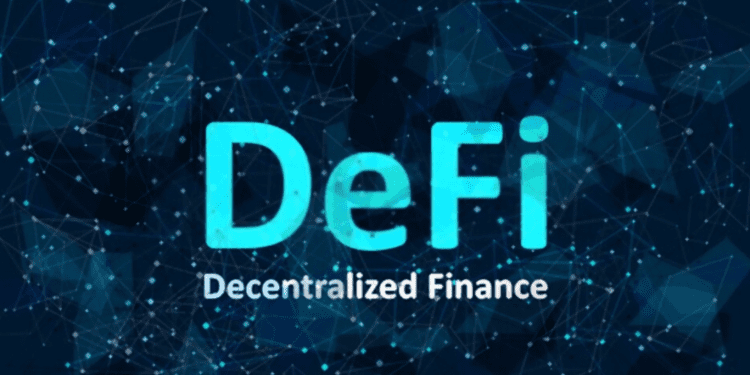Decentralized Finance (DeFi) is speculated as the next step for user transactions. A new feature added to DeFi includes user limitations based on wallet content. In other words, decentralized exchanges (DEXs) may deny some users to enter the platform depending on what they have in their wallets.
While this may sound like a step in the right direction for improving security for DeFi networks, some, including entrepreneur Brad Mills, have differing views. According to him, the limited access could turn Web3 into a “surveillance panopticon,” which could redo the mistakes of Wall Street’s past.
DEXs Allegedly Forgetting Their Purpose
With everything happening in centralized exchanges, such as the recent FTX fallout, crypto investors seek other options to secure their blockchain money. However, a DEX monitoring a person’s wallet content could make them look like another centralized institution but under the monicker, “decentralized.”
Mills tweeted that several users were denied to enter some DEXs based on their location and investments in the wallet. “They have rebuilt everything wrong with Wall Street on a blockchain,” he said.
He expressly referred to 1inch: a DEX aggregator protocol on different chains, including Ethereum, Polygon, and Arbitrum.
1inch Chief of Communications Sergey Maslennikov talked to Cointelegraph about restricting specific wallets. According to the report, Maslennikov said the limited access only affects wallets “owned or associated with clearly illegal behavior.” He referred to heinous activities, including terrorism, human trafficking, child abuse materials, sanctions, and stolen funds.
Maslennikov also said that 1inch cooperates with all legitimate sanctions, Anti-Money Laundering regulations, and other global community efforts.
Regulators Keeping a Close Eye
While most first-world countries work on regulating cryptocurrency, some nations remain unhinged with blockchain transactions. The Financial Action Task Force marked several countries that may be involved with money laundering and other unmonitored actions. Their list includes 23 countries, including the Philippines, North Korea, Iran, and United Arab Emirates.
Meanwhile, the United Nations reported that terrorists prefer cash for finances, although they are beginning to adapt to crypto technology. This left many authorities, especially the US, to strike stricter actions against blockchain transactions.
Governments, such as the US, Canada, the UK, and China, have been snooping around the crypto sector for any trace of illegal activities. Some have even considered using a Centralized Bank Digital Currency (CBDC) over crypto to monitor people’s financial activities.
CBDCs have become a controversy that even banks prefer crypto over government-issued coins. Centralized exchanges (CEXs) continue to go against it as a CBDC hinders a person’s privacy.
Coinbase, Binance, and Crypto.com have coincided with some regulatory laws to ensure that users are in good hands. However, after the FTX disaster, the CEOs of the CEXs long for pro-consumer features, including self-custody wallets, better transparency, and accessibility.
DeFi may need to rekindle the trust of people if it wants to hit the mainstream and into mass adoption.














